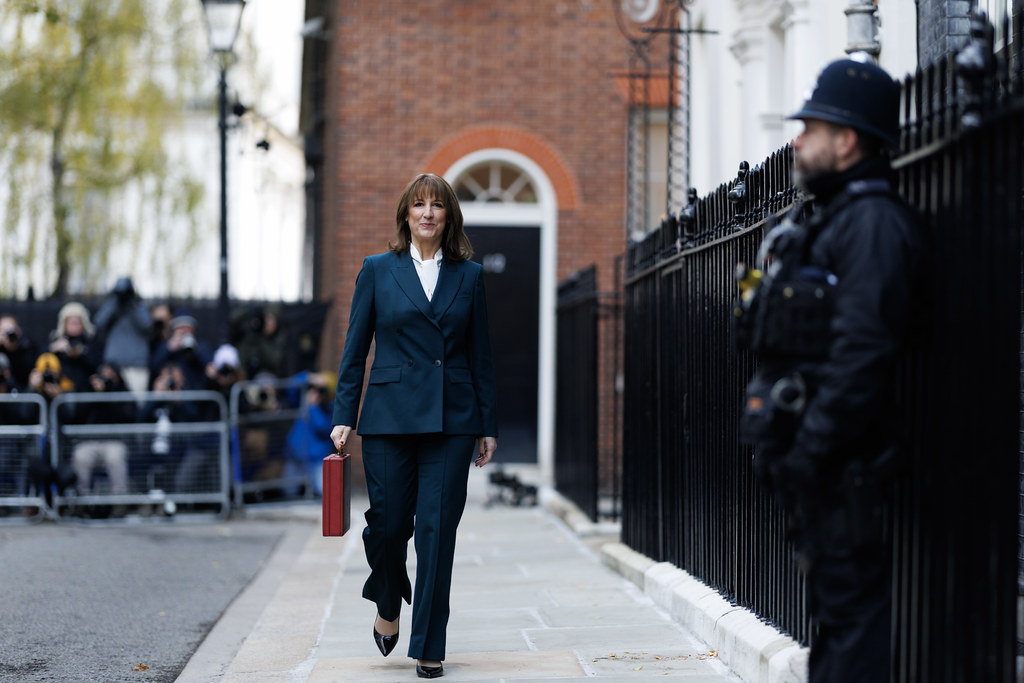Landlord Tax and Two-Child Benefit Cap: What Happened in the Budget?
Won't somebody please think of the landlords?
by Simon Childs
27 November 2025

Chancellor Rachel Reeves delivered her make-or-break budget today after the details were leaked before she could present them to the House of Commons.
The budget was less “things can only get better” and more “perhaps things might not continue to get attritionally worse”.
Reeves presented herself as an alternative to Tory economic mismanagement and miserliness, saying: “Those are my choices: not austerity; not reckless borrowing; not cutting the debt, cutting waiting lists, cutting the cost of living. Those are the Labour choices.”
The chancellor was scooped on her own budget after a shock release of the full details of the budget from the Office for Budget Responsibility, hours before Reeves’ speech.
Here were the main takeaways:
Tax increases for everyone
Income tax thresholds have been frozen for another three years from 2028 – a year longer than forecast. An estimated 780,000 more people will be brought into paying income tax as a result of the freeze.
The previous Conservative government froze thresholds from 2021 to 2028.
Reeves acknowledged that this would affect working people but claimed that other measures in the budget would make up for it.
A let-off for landlords
Reeves decided against the rumoured extension National Insurance on rental income. However, landlords will be hit with a 2% additional tax on property, savings and dividend income, which will raise £2.1 billion.
The National Rental Landlords Association warned that hitting landlord profits would push rents up and reduce the supply of rental housing.
A mansion tax
The fanciest houses in the country will be hit by a tax surcharge.
Reeves said that a band D home in Darlington currently pays £300 more in council tax than a £10m home in Mayfair. In order to change this, she said: “I am introducing the high value council tax surcharge in England, an annual £2,500 charge for properties worth more than £2m, rising to £7,500 for properties worth more than £5m.”
She said this would raise over £400m by 2031 and affect fewer than the top 1% of properties.
Two child benefit cap – scrapped
Reeves scrapped the two-child benefit cap – a policy that meant parents could only claim universal credit or tax credits for their first two children.
She said that every child “deserves an equal chance” and that the biggest barrier to this is child poverty. The measure will lift 450,000 children out of poverty, she said.
Energy bills down … after scheme to help low-income households scrapped
Energy bills will come down by an average of £150. Some of the costs will be moved to general taxation, while the Energy Company Obligation, which forces energy companies to pay for insulation for low-income households, will be scrapped.
Simon Childs is a commissioning editor and reporter for Novara Media.


